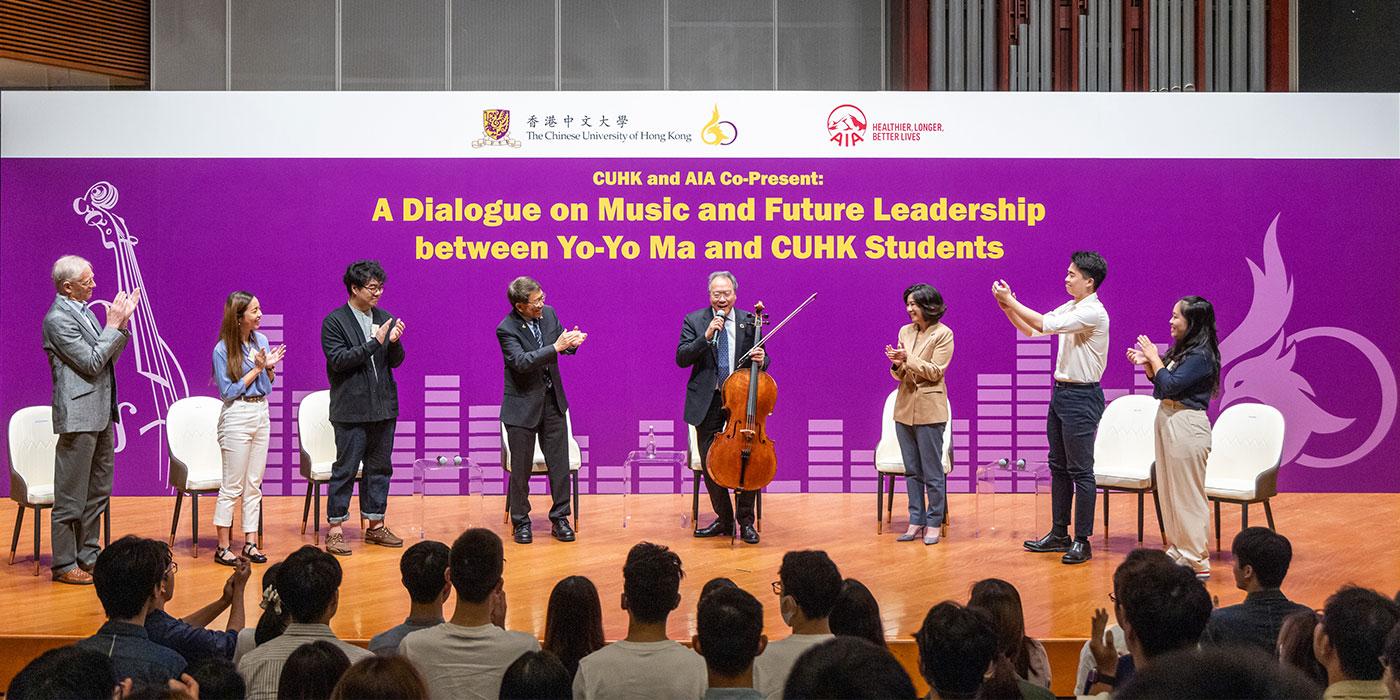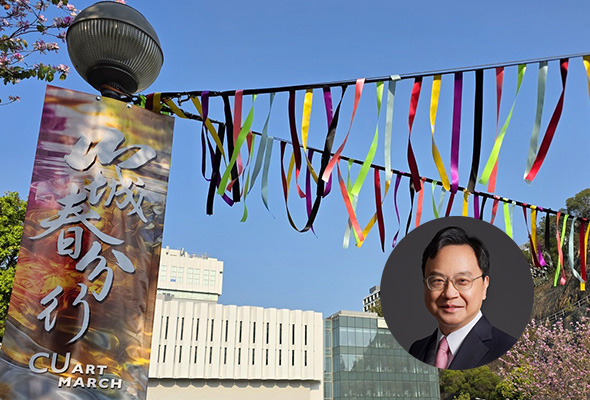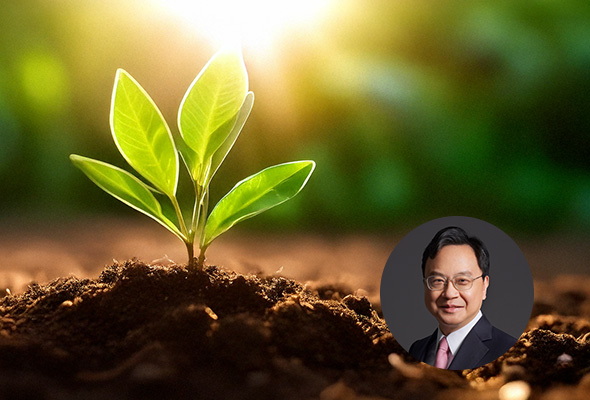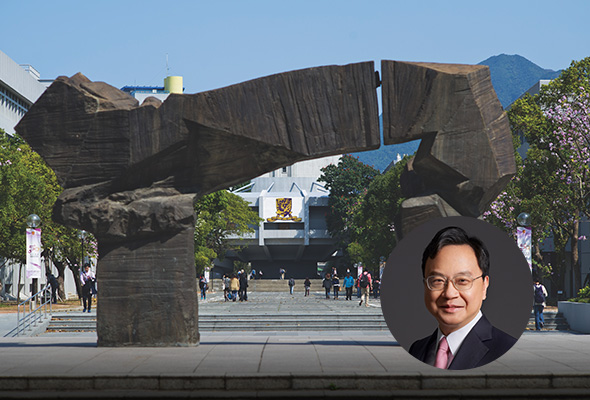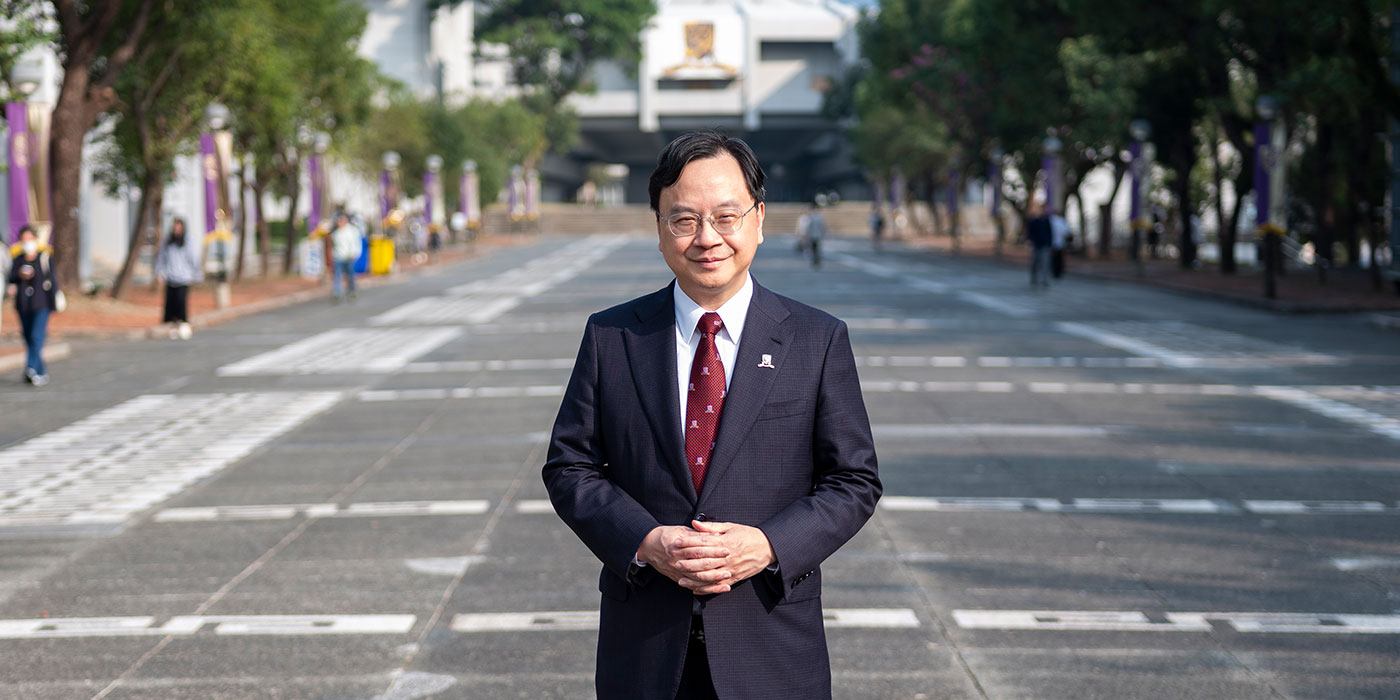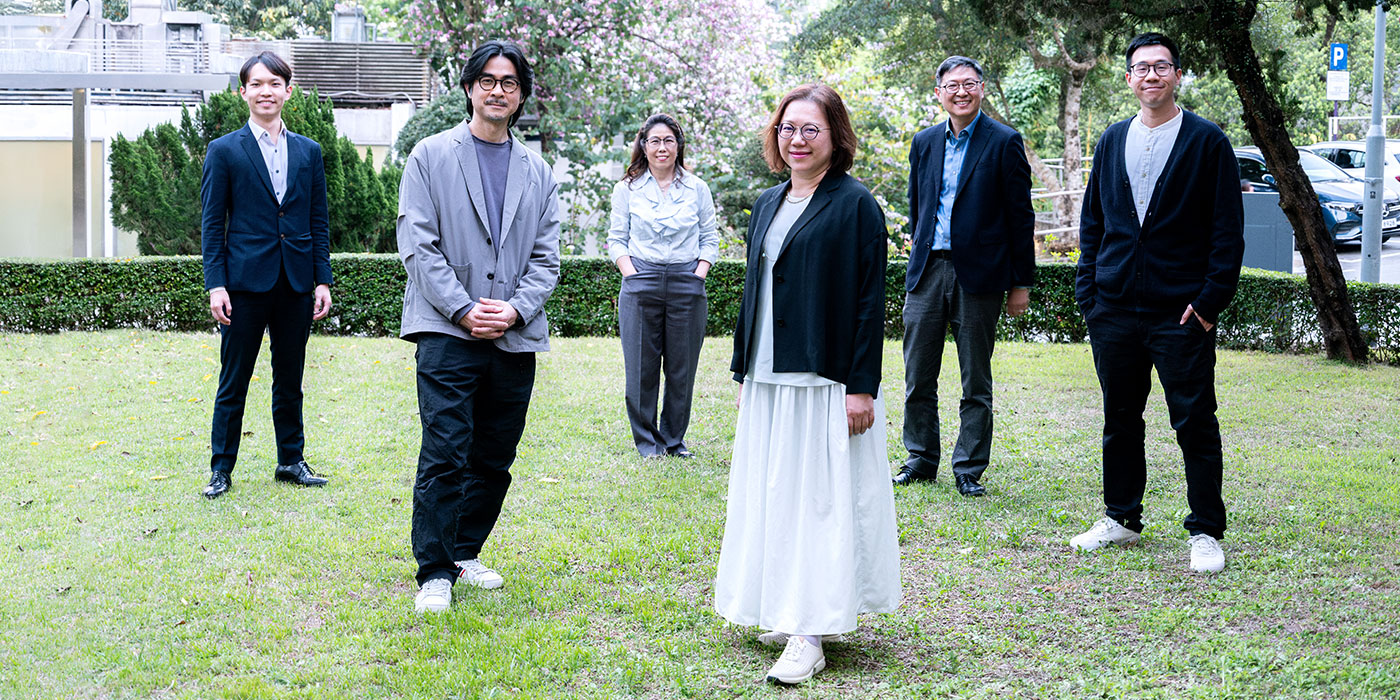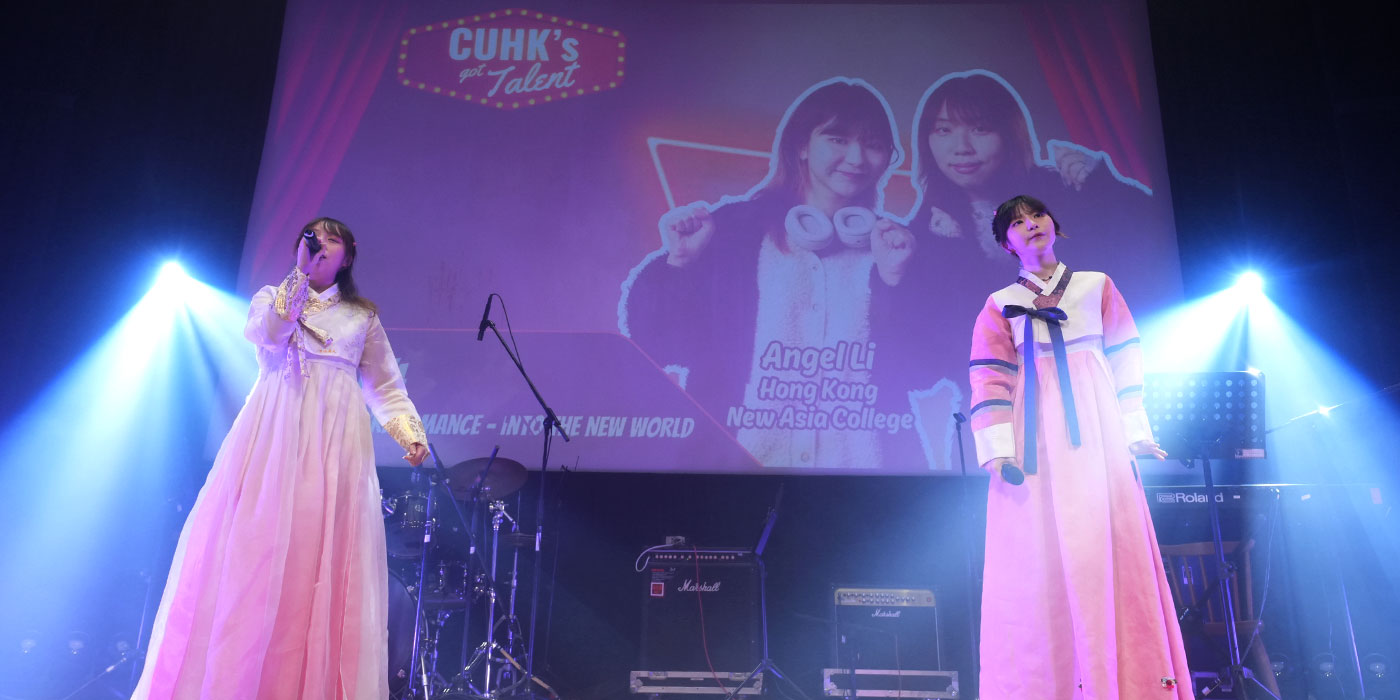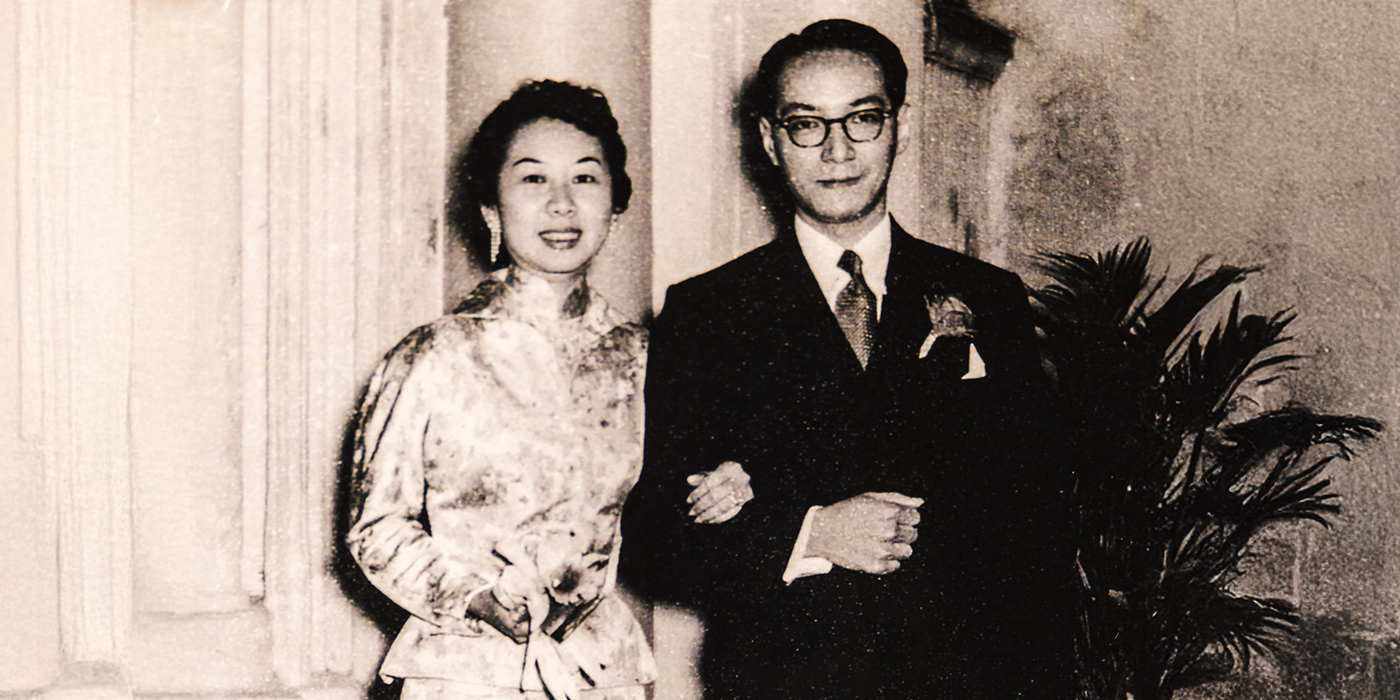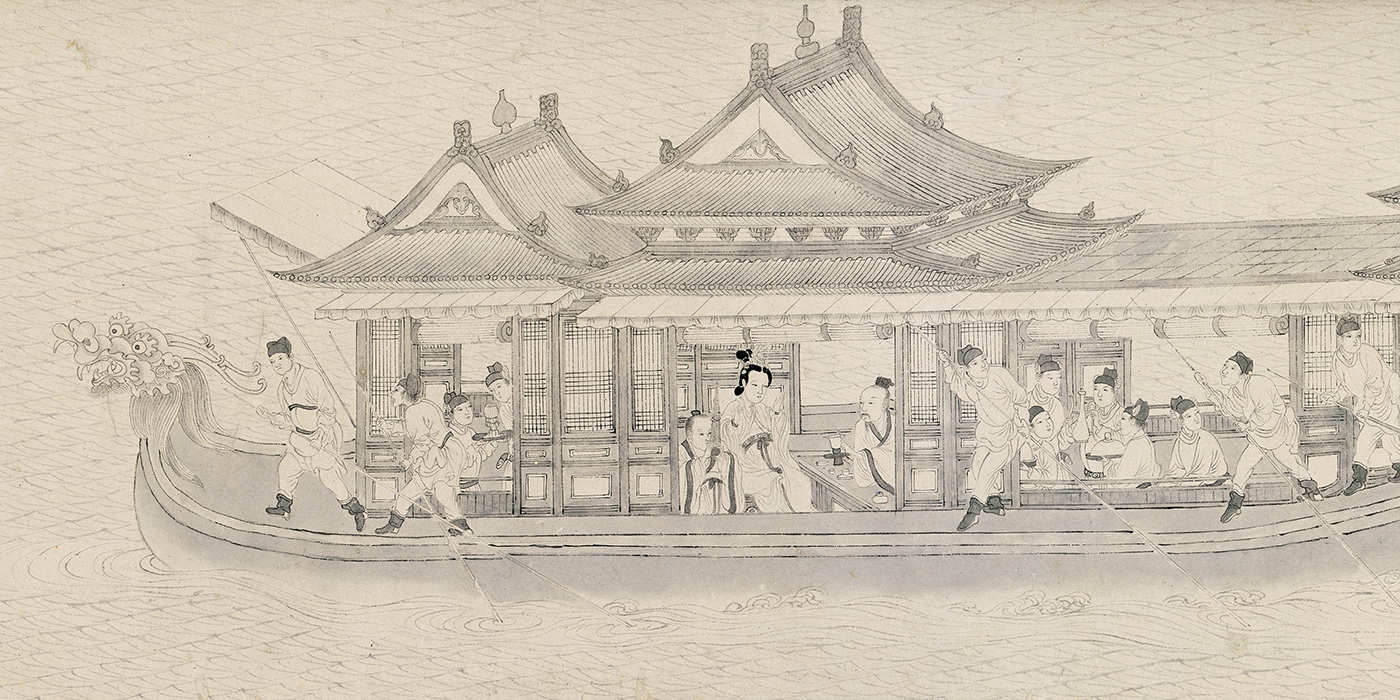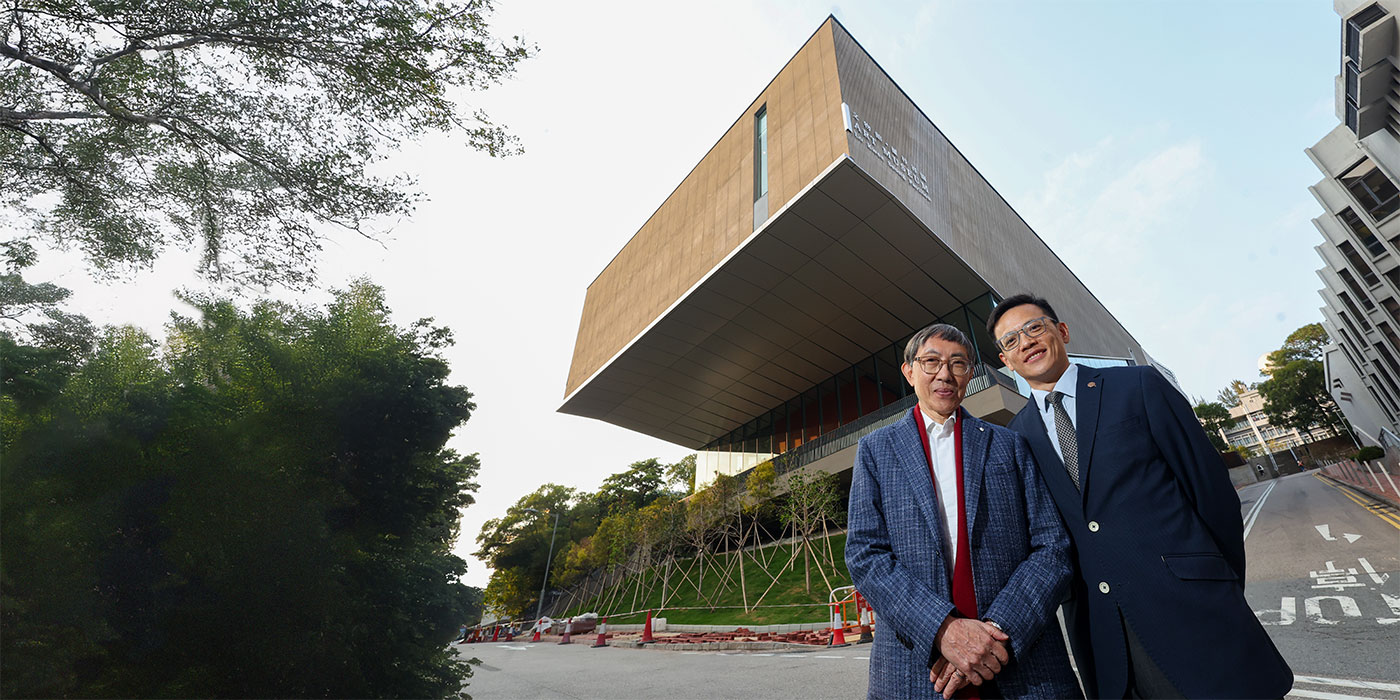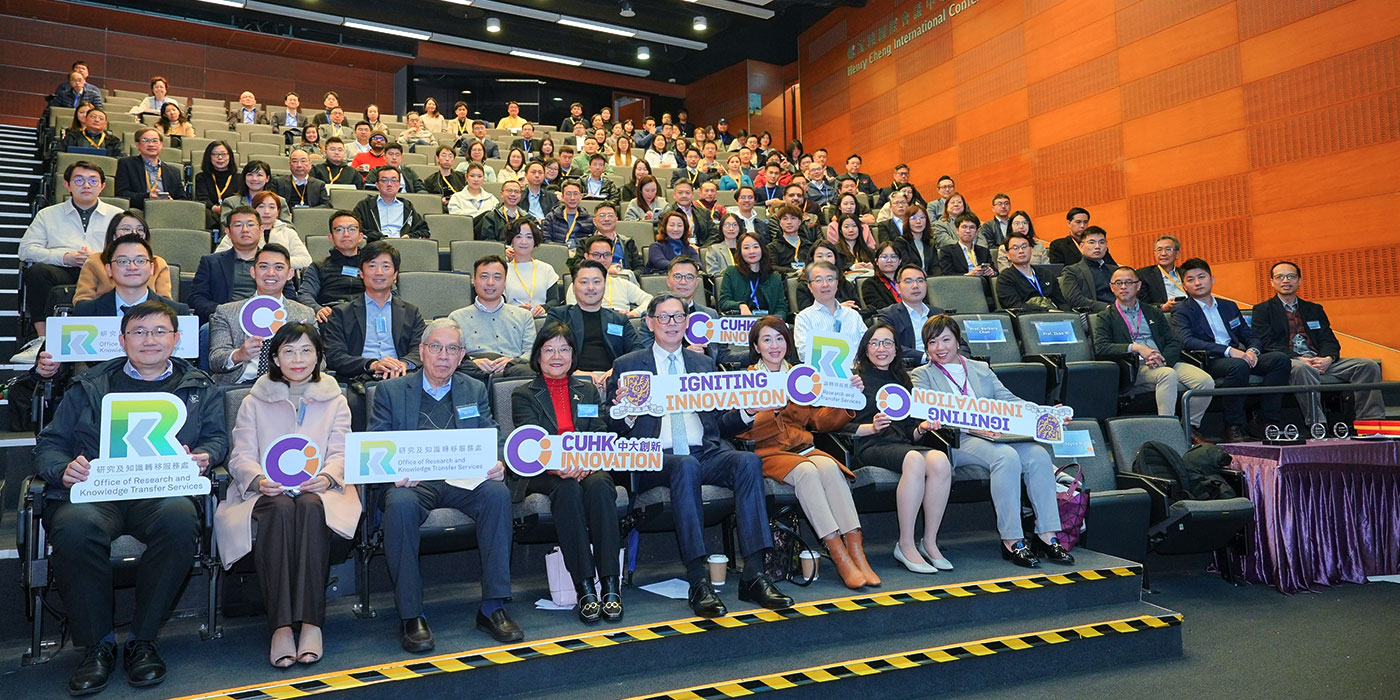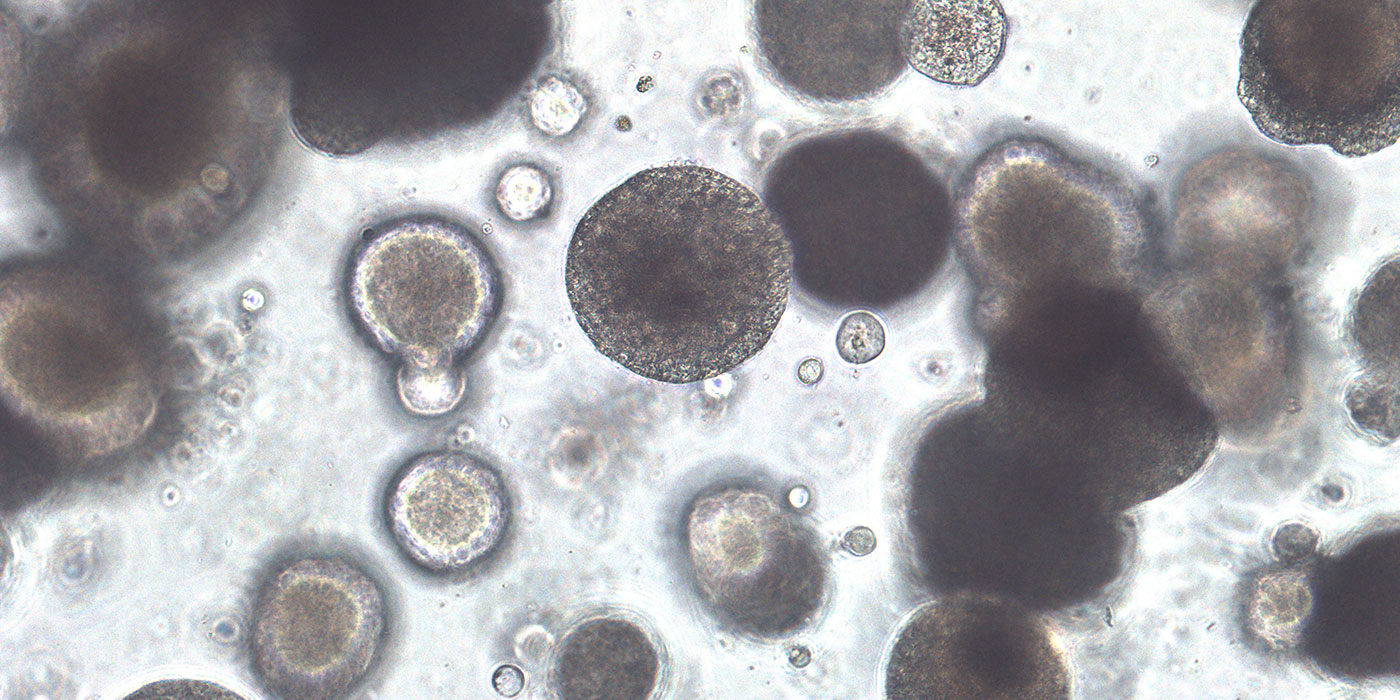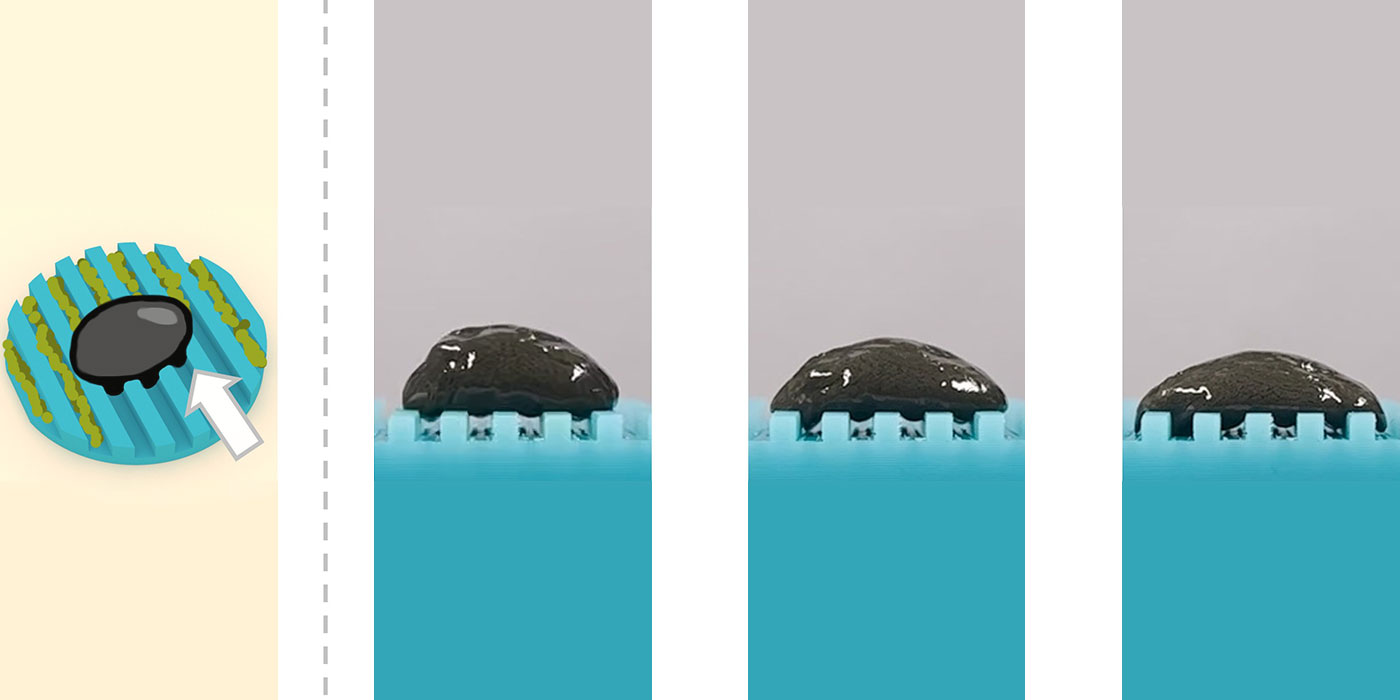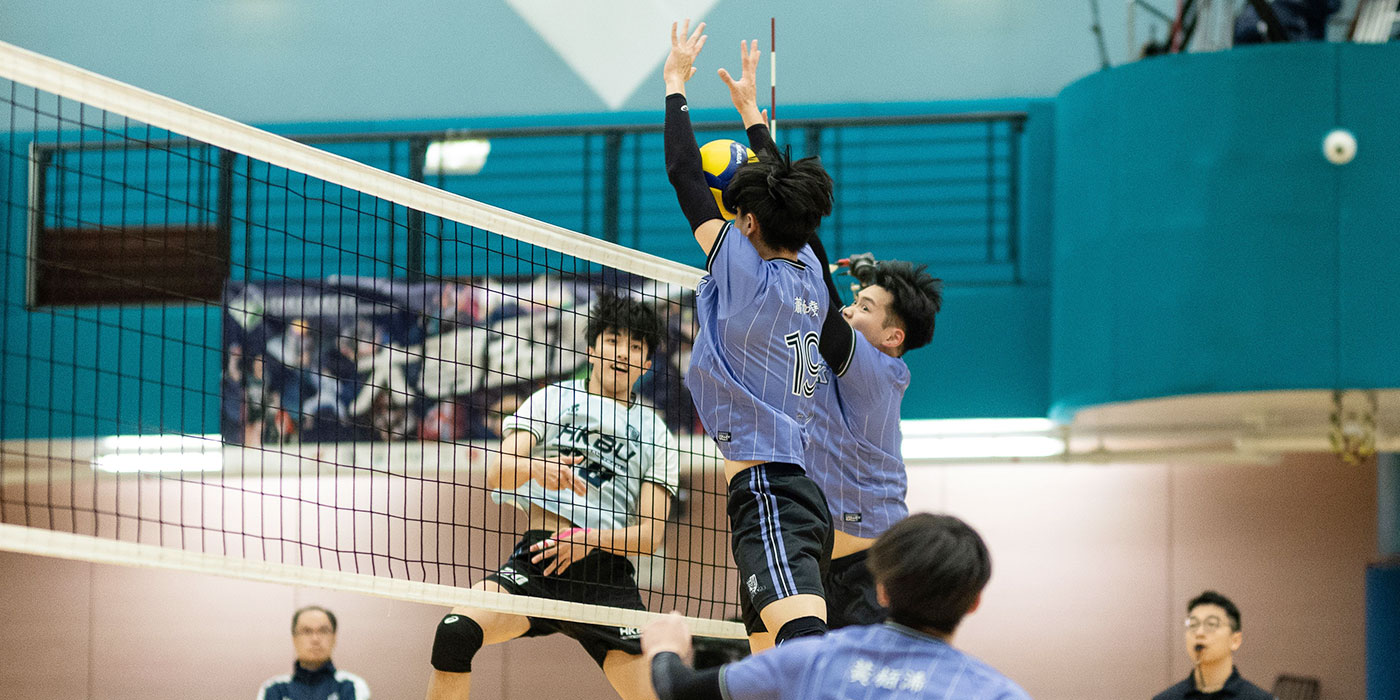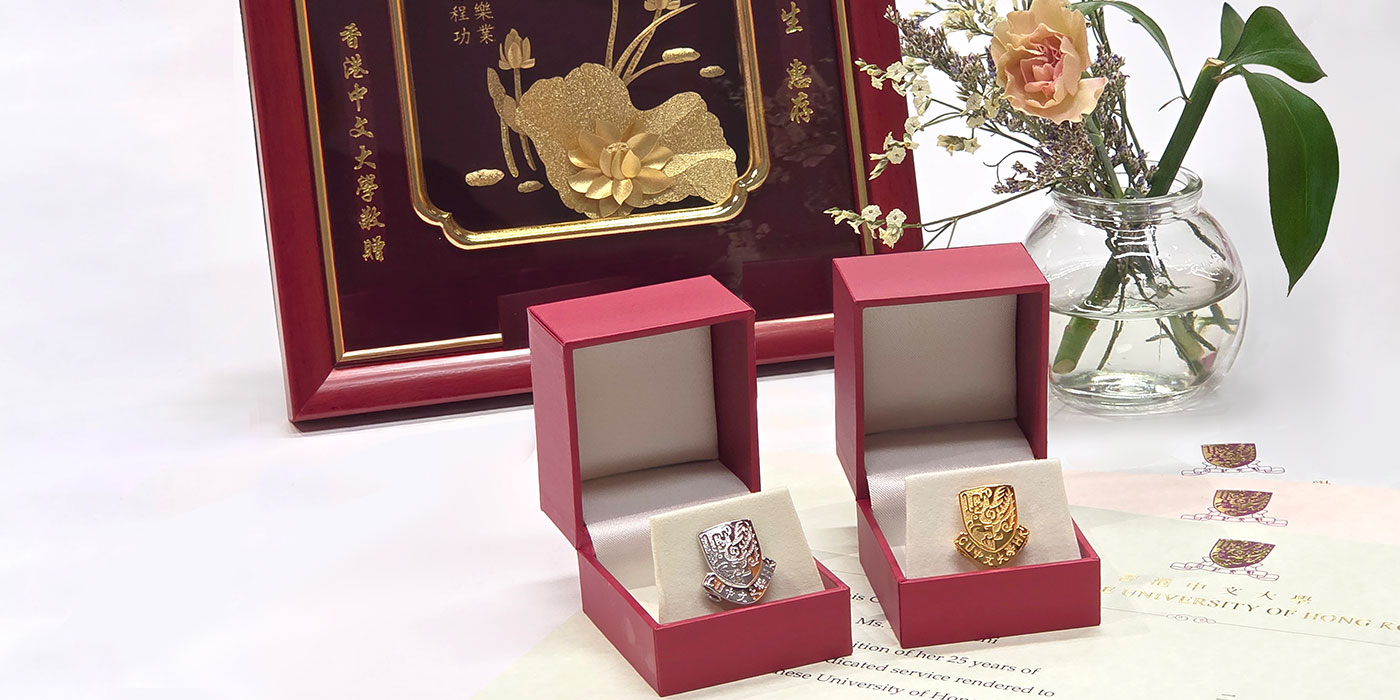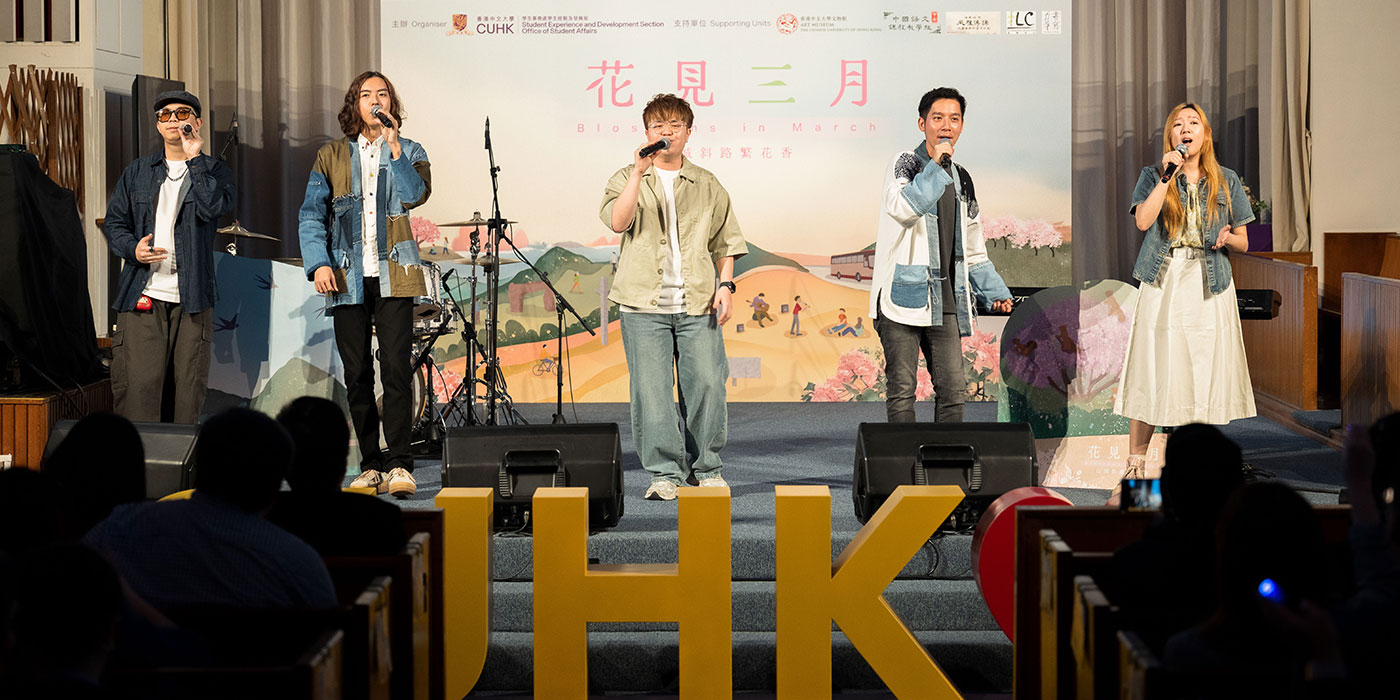Yo-Yo Ma loves and serves through music
Cellist tells students: seek truth, build trust and practise servant leadership
One of the world’s finest and most enduring cellists, Dr Yo-Yo Ma, has believed in an inquisitive mind all his life. It is an important quality for everyone, the young people of this generation included, he said, reminding university students to always ask, “Why? What is it all about?”
The cello virtuoso was engaging in a conversation with students during his visit to CUHK on 7 November, a day before the “CUHK 60th Anniversary: Yo-Yo Ma & HK Phil” concert was held at the Hong Kong Cultural Centre’s Concert Hall.
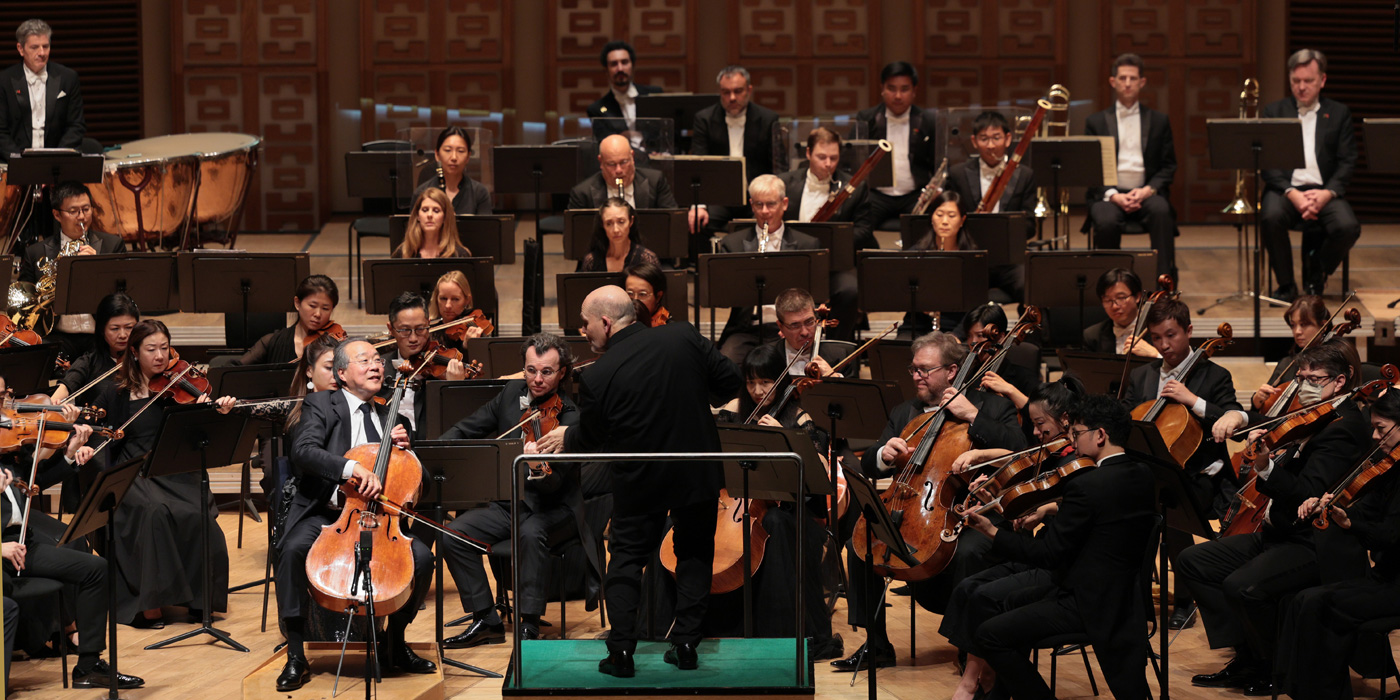
To a musician, it goes without saying that “listening is crucial”. But Ma had more in mind when he shared those words with his university audience.
“For my whole life I kept asking myself: ‘What should I be doing? Can I do something useful?’” he said. His message to students was to proactively raise questions and find answers.
A child prodigy’s success and scepticism
As young as four years old, Ma was already capturing the world’s imagination; at six, he delivered his first public performance at the University of Paris. Success came so early that Peggy, a CUHK Music major in the audience, asked, “Has the ‘child prodigy’ title brought you any burden?”
“The danger of being called a prodigy means you are the centre of the world at a very young age,” answered Ma. “I was worried all my life about what I should be doing. It wasn’t until the age of 49 when I finally realised I really wanted to be a musician.” It was then that he saw loving and serving people was his passion.
“My job as a performer is not to show how well I play, but to make sure that the thing that I do is living in someone else,” he explained. “My purpose as a performer is to ensure that something remains with the audience that they find useful.”
Despite his long years at the pinnacle of the global music arena, Ma constantly reminds himself his purpose of playing music. He said, “As a musician and performer, I am always experimenting on myself, trying to figure out who I am and how my body mechanisms work. More importantly, I think about how I can bring my own content to someone else.”
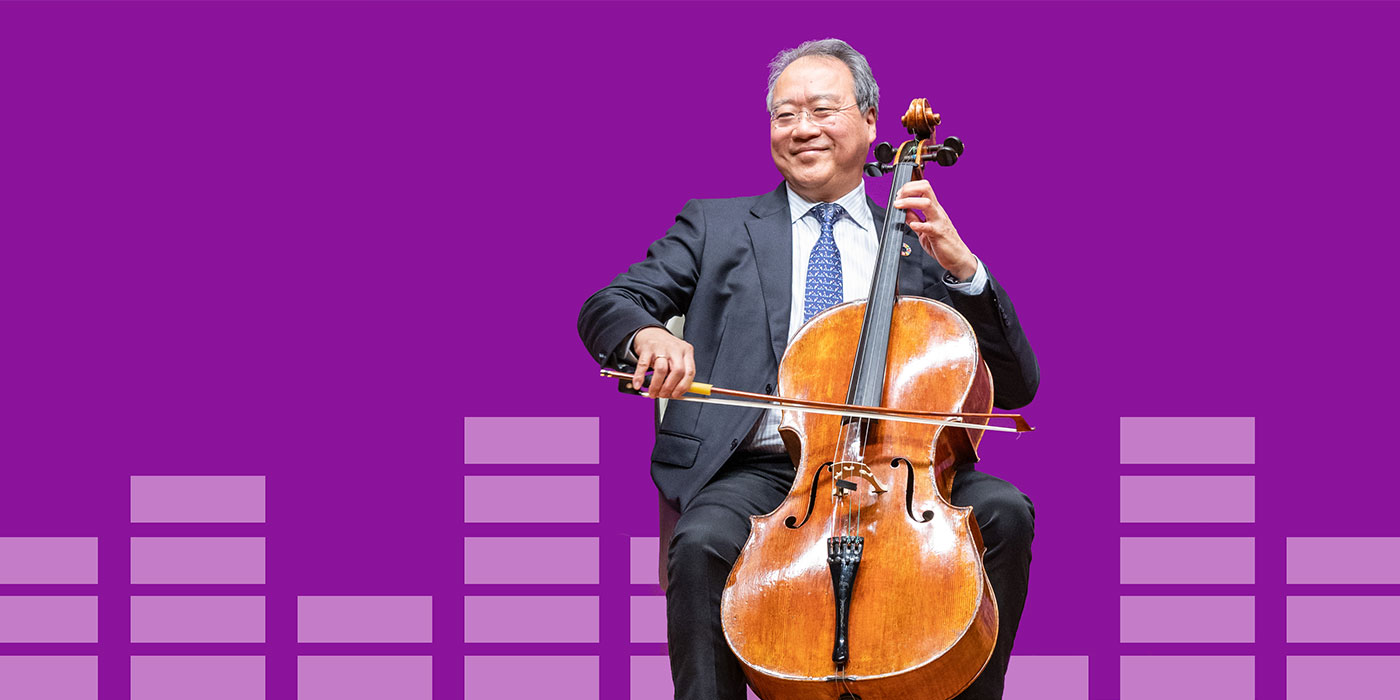
An upbringing across cultures
Born in Paris to Chinese parents, Ma moved to the United States when he was seven. “I grew up receiving contradictory social messages as French, Chinese and American cultures each claimed that they were the greatest. For instance, my parents told me that China is the best country in the world – why then did we have to leave?”
The intercultural upbringing was a formative influence on Ma, from which he was taught to approach culture in his own unique way. In 1976, he earned a bachelor’s degree in anthropology at Harvard University. “I always find the subject fascinating as it looks at value systems that are the basics of a society’s development,” he said.
The synthesis of technical mastery, musicality and anthropology in Ma has made him one of the most popular cello masters globally. Some people might ask him to choose his favourite culture, but he has decided not to.
“I chose to live a more complicated, bicultural, tricultural life because I see the benefits of each culture. Being able to understand a series of cultures is an incredible gift.”
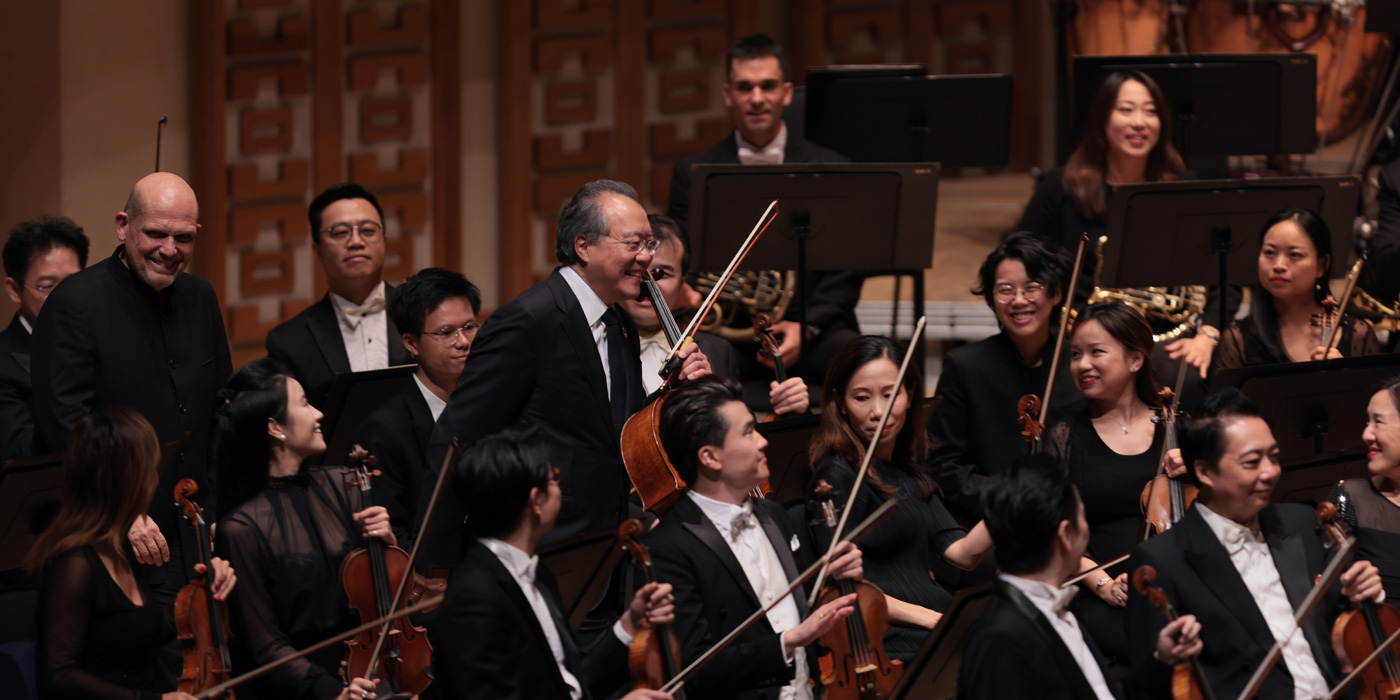
‘Is life only about achievements?’
Now well into his 60’s, Ma readily admitted to being “an old guy who has made a lot of mistakes”. The accomplished musician renowned for his virtuosity in the world of Western classical music was dispassionate about success.
“Is life only about accomplishments?” asked Ma, inviting the students to answer his question. Everyone remained quiet until Ma broke the silence. He stood up, pointed to the backdrop and yelled with laughter, “Gosh! It’s a dialogue!”
Philosophical musings might have been beyond the young crowd, so Ma continued, “I do believe in chapters in life. My next step is to try to be useful and respond to needs. I think there are so many people in the world who have dreams and thoughts about how the world should be. I want to help in whatever way I can.”
Symmetries and asymmetries were inherent in life, and it was often the latter that made life meaningful. “At times, it is good to have some sort of confusion in life because this is when you can figure out what everything is all about,” Ma added.
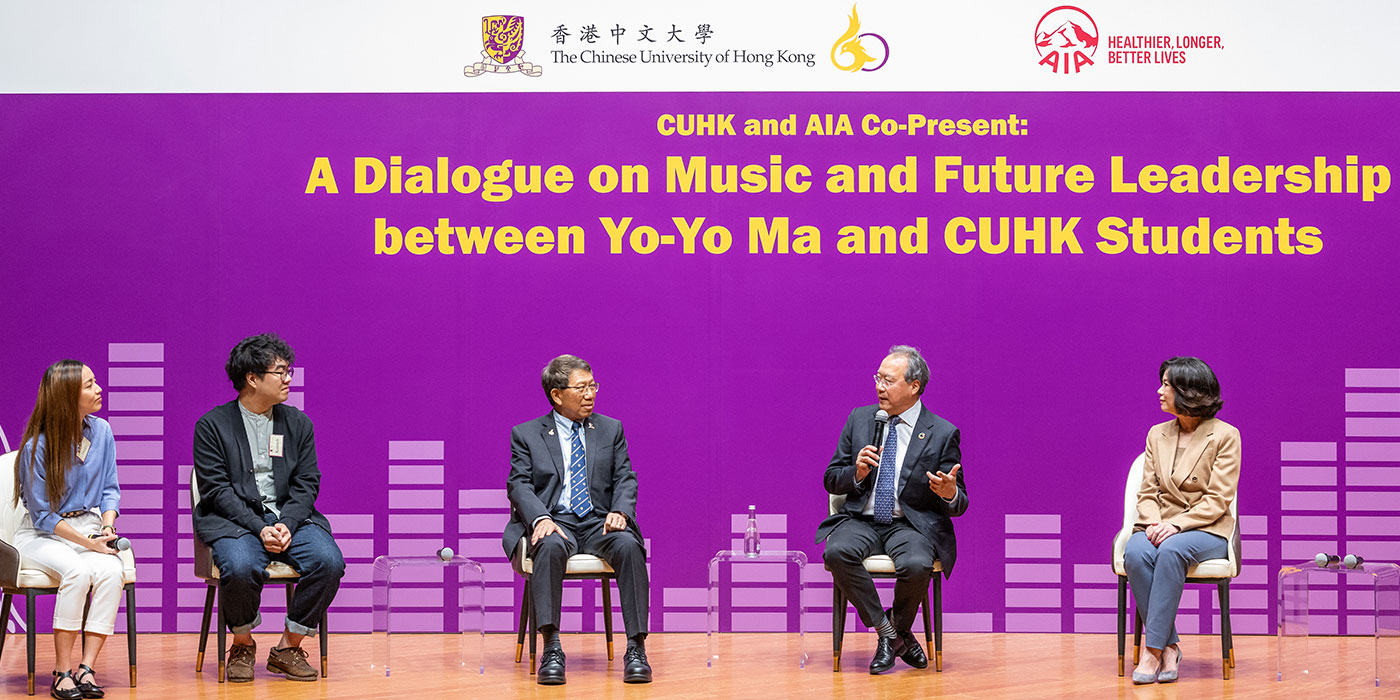
Beyond coda
As a finale to the CUHK event, Ma gave an impromptu rendition of J.S. Bach’s Cello Suite No 1 in G Major. The cellist invited the audience to stand up, hum along, and feel the silence between melodic impulses. His fingers moved effortlessly on the strings. His bowing grateful and exquisite. Ma conveyed rich emotions and profundity through his person and his performance.
The end of Ma’s session with CUHK students was not the conclusion of a musical journey. Tina, a Music student, shared with CUHK in Focus her takeaway from the experience. “Ma mentioned that the most important person in a performance is not the performer himself, but those who are listening, which got me thinking about my purpose of studying and making music. I’m starting to think about what I can do to serve others with what I love and what I do as a cellist.”
Fellow student Kenneth added: “Being a performer and composer myself, Ma’s mentality made me rethink my role and mission in society. I am really thankful for such an extraordinary experience, which helped me grow as a musician, a scholar and a human being.”
To Tina, Kenneth and the many other attendees, their time with the esteemed cellist was about more than music. As Ma said, “Music is what we invented to help us establish who we are and where we are going. As you go on with your life journey, try to answer questions for yourself. When you get into leadership positions, practise servant leadership. Bear in mind, too, the fundamental values of culture – always seek truth and build trust.”
By Gillian Cheng

